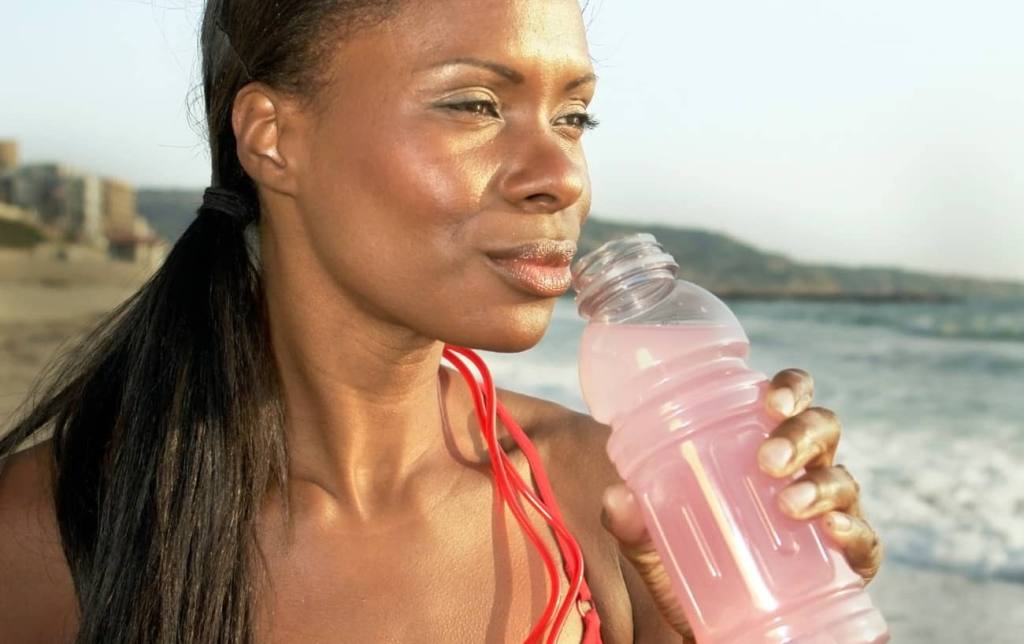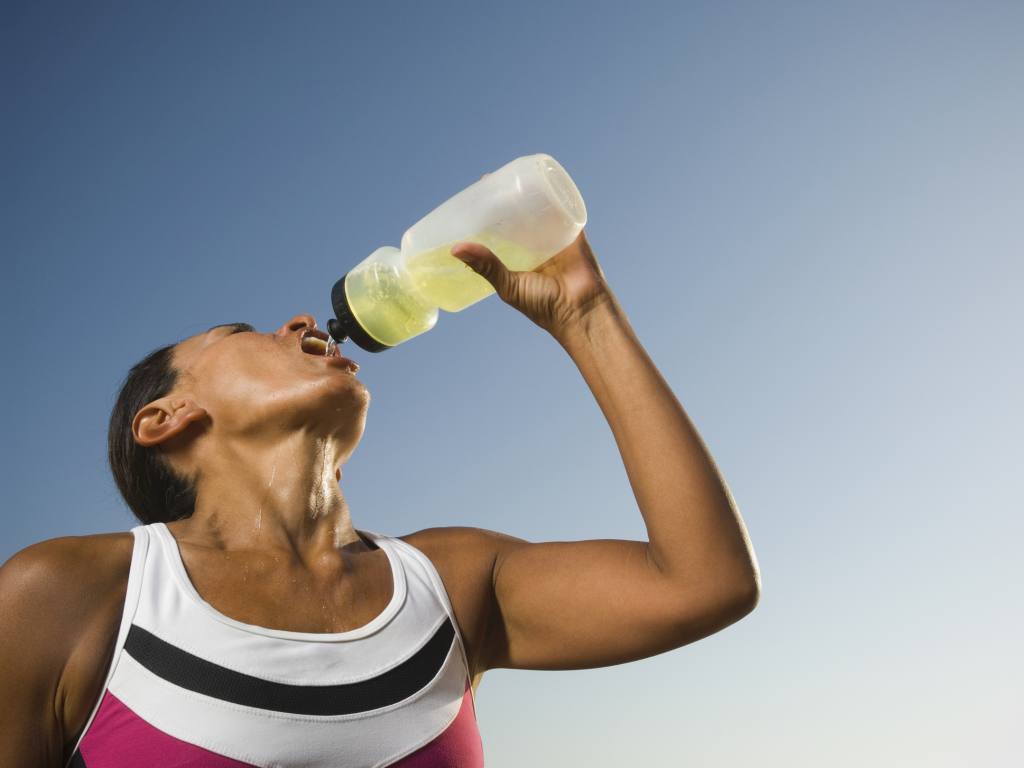Hydration is a fundamental aspect of athletic performance that is often overlooked. Whether you’re a seasoned athlete or just starting your fitness journey, staying properly hydrated is crucial to achieving peak performance. Water plays a vital role in nearly every function of the body, from regulating body temperature to delivering nutrients to muscles. Dehydration, even at mild levels, can significantly impair physical and cognitive functions, leading to decreased performance and increased risk of injury. This article explores essential hydration tips to help athletes stay at the top of their game.
Understanding the Importance of Hydration
Hydration is more than just quenching your thirst; it’s about maintaining the balance of fluids in your body. During exercise, especially intense or prolonged activity, your body loses fluids through sweat. This loss of fluids must be replenished to maintain optimal body function. Dehydration can lead to a drop in blood volume, which forces your heart to work harder to pump blood and deliver oxygen to your muscles. This can result in fatigue, decreased endurance, and impaired coordination. Staying hydrated ensures that your muscles receive the oxygen they need, and your body can regulate its temperature effectively.
How Much Water Do You Need?
The amount of water each person needs varies depending on factors like body weight, the intensity of exercise, environmental conditions, and individual sweat rates. A general guideline is to drink at least half your body weight in ounces of water daily. For athletes, this number can increase significantly. During exercise, it’s recommended to drink about 7-10 ounces of water every 10-20 minutes. After exercise, rehydration is essential, and you should aim to drink 16-24 ounces of water for every pound of body weight lost during the activity. Monitoring your urine color can also be a simple way to check your hydration status; pale yellow urine usually indicates adequate hydration.

The Role of Electrolytes
While water is crucial, it’s not the only component of effective hydration. Electrolytes, such as sodium, potassium, and magnesium, play a key role in maintaining fluid balance, muscle function, and nerve signaling. During prolonged or intense exercise, especially in hot conditions, your body loses electrolytes through sweat. Simply drinking water might not be enough to restore the electrolyte balance, leading to conditions like hyponatremia (low sodium levels), which can be dangerous. To prevent this, athletes should consider consuming sports drinks or electrolyte supplements, particularly during and after long-duration activities.
Hydration Strategies Before, During, and After Exercise
Proper hydration starts before you even begin your workout. Drinking 16-20 ounces of water 2-3 hours before exercise allows your body to absorb the fluid and be well-hydrated when you start. During exercise, the focus should be on maintaining hydration levels. As mentioned earlier, drinking small amounts of water regularly is key. For sessions lasting more than an hour, incorporating an electrolyte drink can help replace lost salts. After exercise, rehydrating is crucial to recovery. Aim to replace fluids lost during the activity by drinking water and an electrolyte-rich beverage if necessary. This not only helps restore hydration but also supports muscle recovery and reduces the risk of cramps and injuries.
Recognizing and Responding to Dehydration
Recognizing the signs of dehydration is essential for any athlete. Early signs include thirst, dry mouth, and dark urine. As dehydration progresses, symptoms can include dizziness, fatigue, headache, and muscle cramps. In severe cases, it can lead to heat exhaustion or heat stroke, which are medical emergencies. If you experience any symptoms of dehydration, it’s important to stop exercising and rehydrate immediately. Drinking water, resting in a cool place, and consuming electrolytes can help alleviate the symptoms. Prevention is always better than cure, so make hydration a priority in your training and competition routine.
Conclusion
Hydration is a critical component of peak athletic performance. By understanding the importance of water and electrolytes, calculating your individual hydration needs, and implementing effective hydration strategies before, during, and after exercise, you can ensure that your body is always performing at its best. Recognizing the signs of dehydration and responding quickly can prevent serious health issues and keep you on track to achieving your athletic goals. Make hydration a cornerstone of your fitness routine, and you’ll not only enhance your performance but also improve your overall health and well-being.




